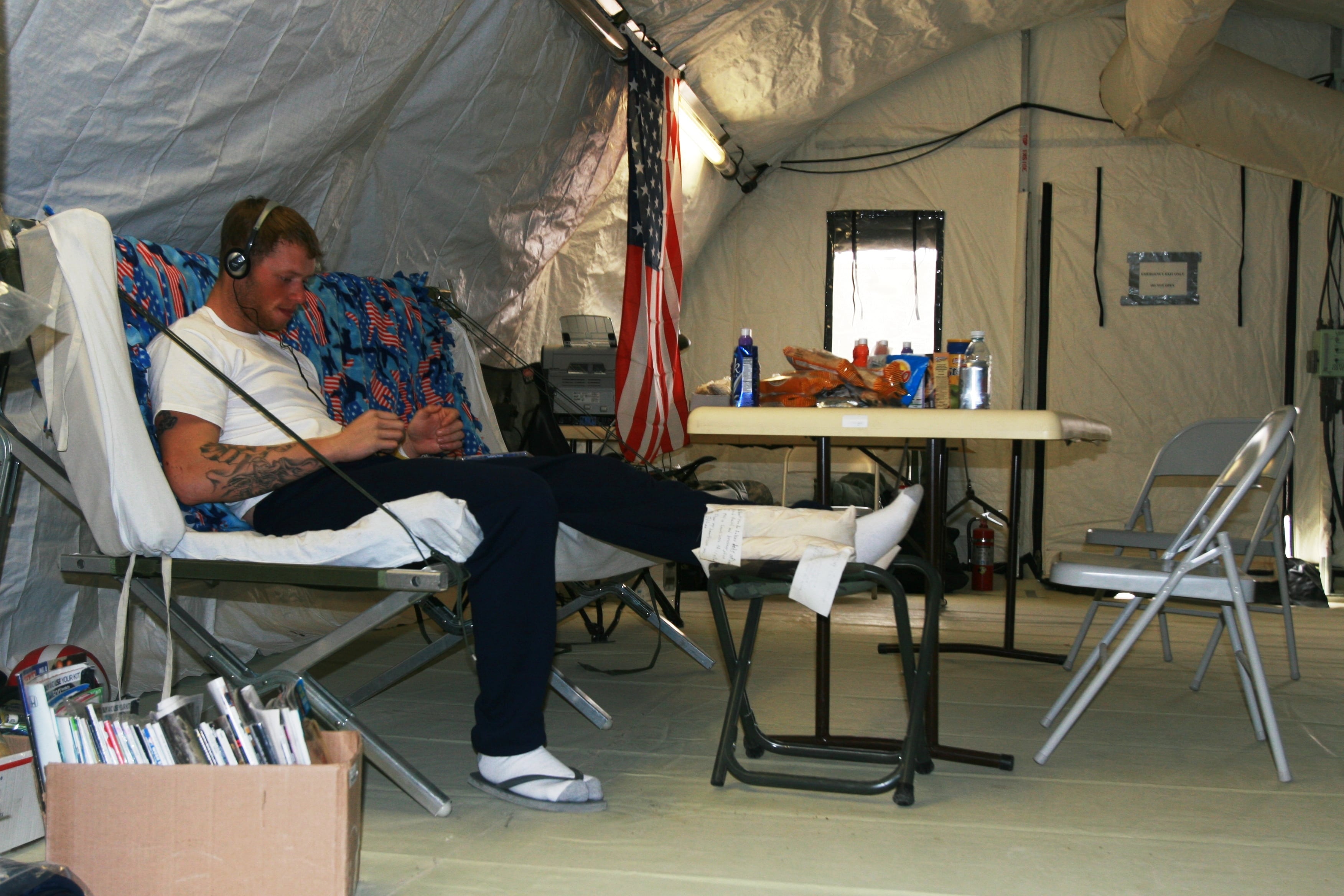Irish priest Malachi Martin wrote 15 books that covered topics ranging from harsh criticism of the Vatican to extensive discussion on Satanism.
One book in particular, the 1976 best-selling “Hostage to the Devil: The Possession and Exorcism of Five Contemporary Americans,” detailed the County Kerry, Ireland native’s participation in the realm of demonic possession. Martin, who was ordained in 1954 and worked at the Vatican for eight years before leaving for America, claimed to have assisted with 11 exorcism cases over the course of a decade in the U.S., according to his 1999 obituary in the Los Angeles Times.
And while none of the exorcisms in Martin’s “Hostage” mention a military installation, one base has been deemed the setting for an upcoming horror film based on the otherworldly workings of the priest.
“Incident at Fort Bragg" is “inspired by the true story of Irish priest Malachi Martin, who was brought in by the U.S. government to perform a sanctioned exorcism on a young soldier,” Variety reported.
“The Exorcism of Pfc. Schmuckatelli” may have been a better choice, but then again, that’s why we’re not in Hollywood.
“He’s not possessed, father! It’s just the 27 beers that made Schmuckatelli like this!”
Based on true events.
As we all should know by now, painting something as “inspired by a true story” is often done using an excessively broad brushstroke. A movie about a Waffle House serial killer possessed by the ghost of Napoleon Bonaparte, for instance, could be “based on a true story” because both Napoleon and Waffle House restauraunts have, in fact, existed.
In any case, the film based on the writings of the Irish priest is being produced by FlynnPictureCo studios, which has launched previous successful projects like “The Rite” and “The Exorcism of Emily Rose.”
Reviews following the 1976 release of Martin’s “Hostage” lend credence to its perceived credibility and cement its status as one of the preeminent works on the supernatural.
Harvard theologian Harvey Cox called it “stunning and vivid," and a Washington Post review lauded it as “the most authoritative and convincing” look into the world of demonic possession.
“Martin is above all serious," a Newsweek review read. "He is not speaking about madness, about illusions or the irrational, but about the real beyond all reason. ... He presents exorcism as ... a titanic clash of wills that threatens the lives, the sanity, even the souls of all attending.”
Ironically, the writer of the best-selling novel — and the screenplay for the movie — “The Exorcist,” William Peter Blatty, was not a fan of Martin’s work.
“I loathe this book," he wrote in a Los Angeles Times review. “It gives possession a bad name.”
Who knew possession ever had a good name?
Martin was evidently no fan of Blatty’s work, either. In an interview that is featured in the 2016 Netflix documentary bearing the same name as his best-seller, Martin rants, “It makes out exorcism to be a sort of combination of Frankenstein and Dracula with a lot of green goo and windows breaking and bodies flying, and it’s much more terrible and lethal than that."
Boys, boys, boys! Same side?
As for details on the film, producers reportedly spoke with Robert A. Marro Jr., a friend of Martin’s who is featured in the Netflix documentary and accompanied the priest on multiple exorcism errands.
What are those days like? Grab some coffee, hit Home Depot, maybe a little exorcism. Don’t know if we’ll have enough time.
Anyway, Marro reportedly conveyed to “Incident at Fort Bragg” crew that one of Martin’s exorcisms indeed occurred on a military base, according to The Times UK.
This claim was backed by another friend of Martin’s, who was not directly involved but had knowledge of an on-base exorcism having taken place, according to the Fayetteville Observer.
The Observer reported finding no record in its 30-plus years of online archives of an exorcism at Fort Bragg.
Marro, meanwhile, has a history of claims regarding the military’s involvement in the supernatural, including assertions of having witnessed signs of possession in special forces soldiers who could, out of nowhere, exhibit extraordinary strength or speak in ancient languages.
This is actually believable for one reason and one reason alone. No rational human being could conjur a train of thought that would result in the genesis of the tacticool operator bro fashion movement.
Father Martin must have seen satanic forces at work when he discussed the future of military fashion with the Chicago Tribune years ago.
“A lot of people don’t believe in the devil,” he said. “They shake their heads and say it’s a myth. I wish to God it was a myth.”
We wish Rambo-style gear fetishes were a myth, too, father. Blame the demons.
Additional details on the film’s release or filming locations have yet to be announced.
J.D. Simkins is the executive editor of Military Times and Defense News, and a Marine Corps veteran of the Iraq War.
Tags:
demon possession malachi martinmalachi martinincident at fort bragg moviefort bragg exorcismfort bragg exorcist moviemovies on military basesexorcism movieshostage to the devil bookhostage to the devil netflixhostage to the devil moviemilitary base exorcism movieIn Other News















